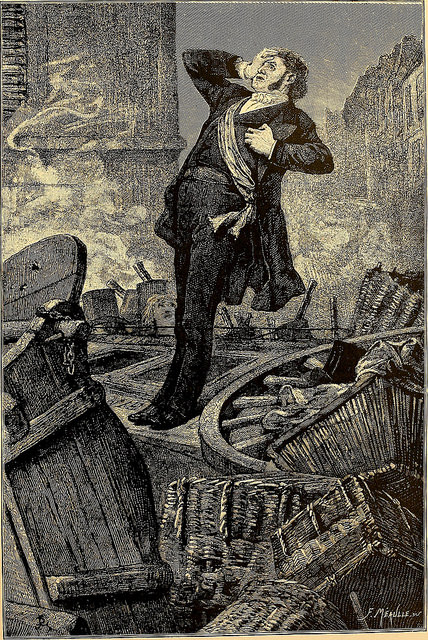Dames Fight Harder
In this sixth installment of Maggie Sullivan mysteries, Maggie‘s friend Rachel Minsky is accused of killing a man that “had it coming.” Rachel is an independent Jewish woman of means who runs her own construction company in Dayton, Ohio with a private nature. Why has Rachel’s loyal but dangerous right-hand man also disappeared? Why has Rachel kept so many secrets? Can she survive when they unravel around her? Once again, private investigator Maggie Sullivan finds herself surrounded by questions and too few answers.
 Historical Fiction for the Historian
Historical Fiction for the Historian
I spend a lot of time reading history in my day job so something I look for while reading historical fiction and especially historical mysteries is that the experience is immersive without beating me over the head with historical facts. Ruth Myers does this better and better with each installment. Some writers are justifiably proud of the immense amount of research that goes into writing good historical mysteries, but they are less deft at using that research to create their fictional world. Ruth Myers does this beautifully and that experience is what makes her books among the best of the genre.
Dames Fight Harder takes place in the early spring of 1942, a few months following the attack on Pearl Harbor and the United States official entry into World War II. The war and its global implications weigh on the minds of every character though this is done in such a realistic manner I only noticed my own mounting sense of dread about some characters in this context and only realized when I finished the book why that was. Uncertainties and enormous cultural upheavals are only beginning to be felt, let alone understood. Meyers does a wonderful job making the characters and the mystery at hand the focus. This isn’t a history lesson, but a strong female-driven mystery set in a fascinating time. As a reader, I felt like I was there on those eerily quiet construction sites or with the elderly lady planting beans in what magazines would come to call Victory Gardens.
New to the series?
Although this is book six of an ongoing series, new readers to the Maggie Sullivan series won’t be lost as Myers writes enough background into each to catch up, though I wouldn’t classify them as stand-alone novels as there are long story and character arcs running through the series as a whole.
See my review of an earlier Maggie Sullivan book, Shamus In A Skirt
…
RECOMMENDED
Fascinated by World War II, the upheavals of the 1930s and 1940s and love a strong female lead story? Read all of Maggie’s stories, but feel free to start here on the newest one.
This review © The Lincoln Journal Star. It originally appeared in print 24 December 2017.







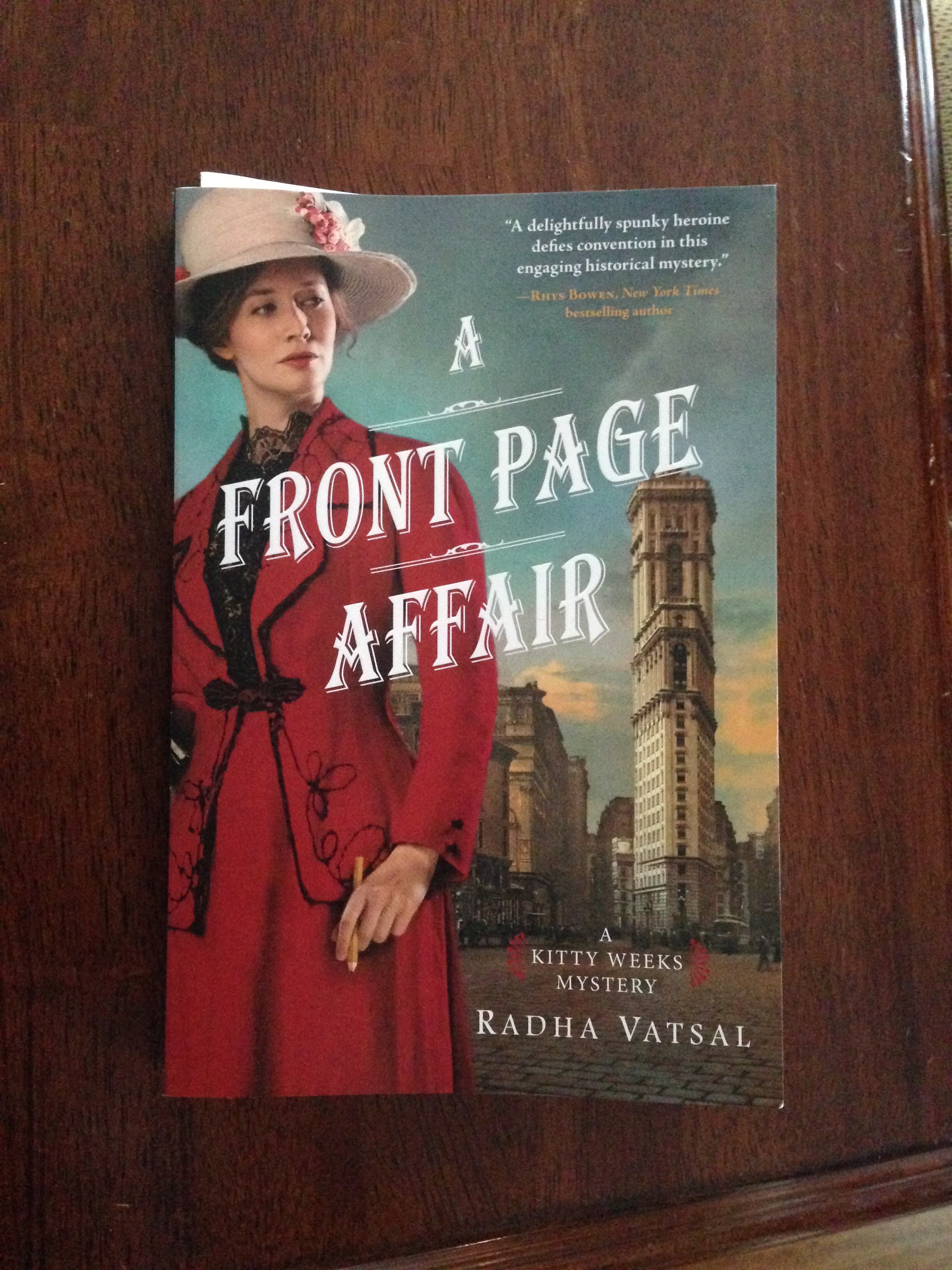

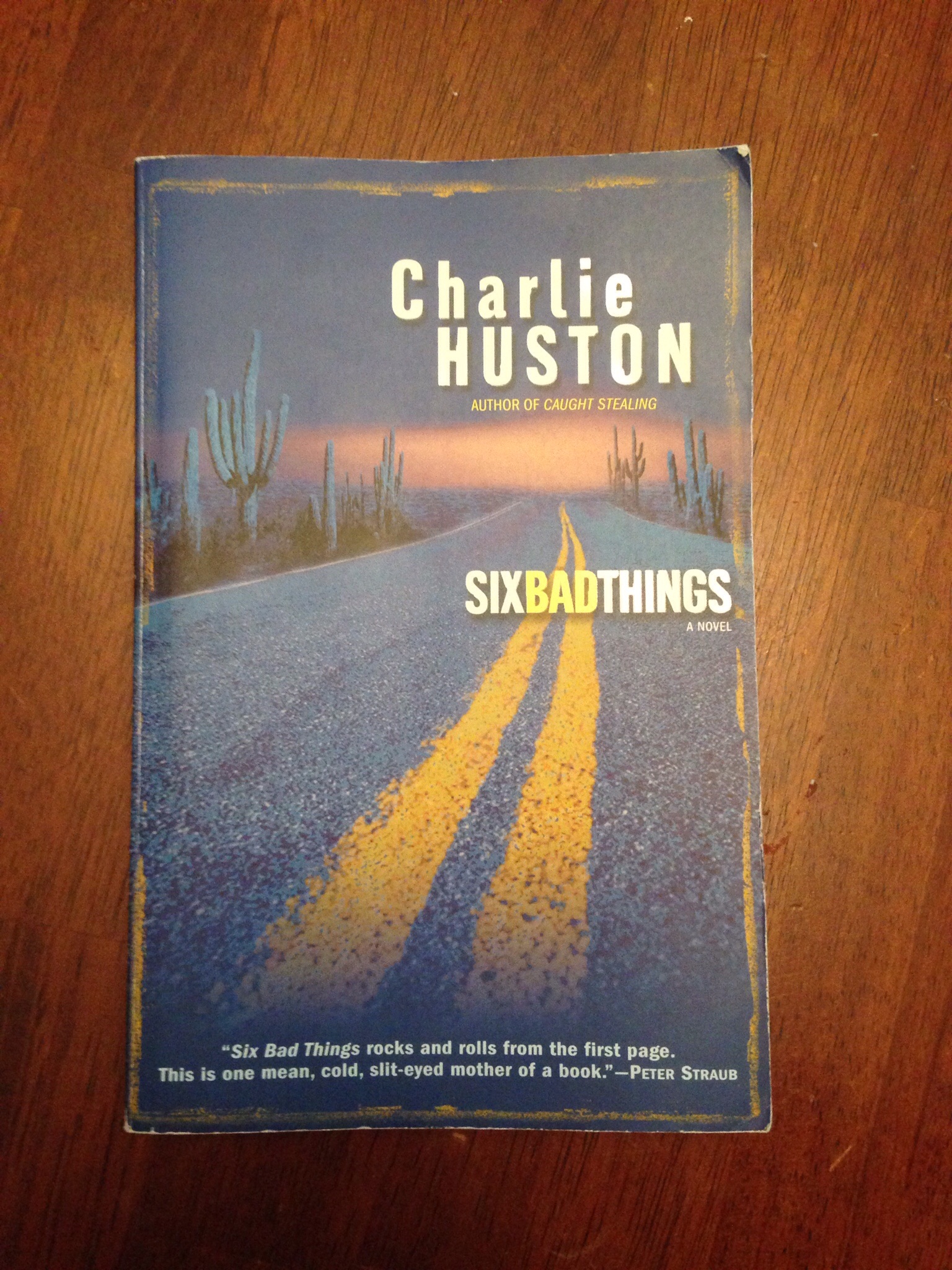

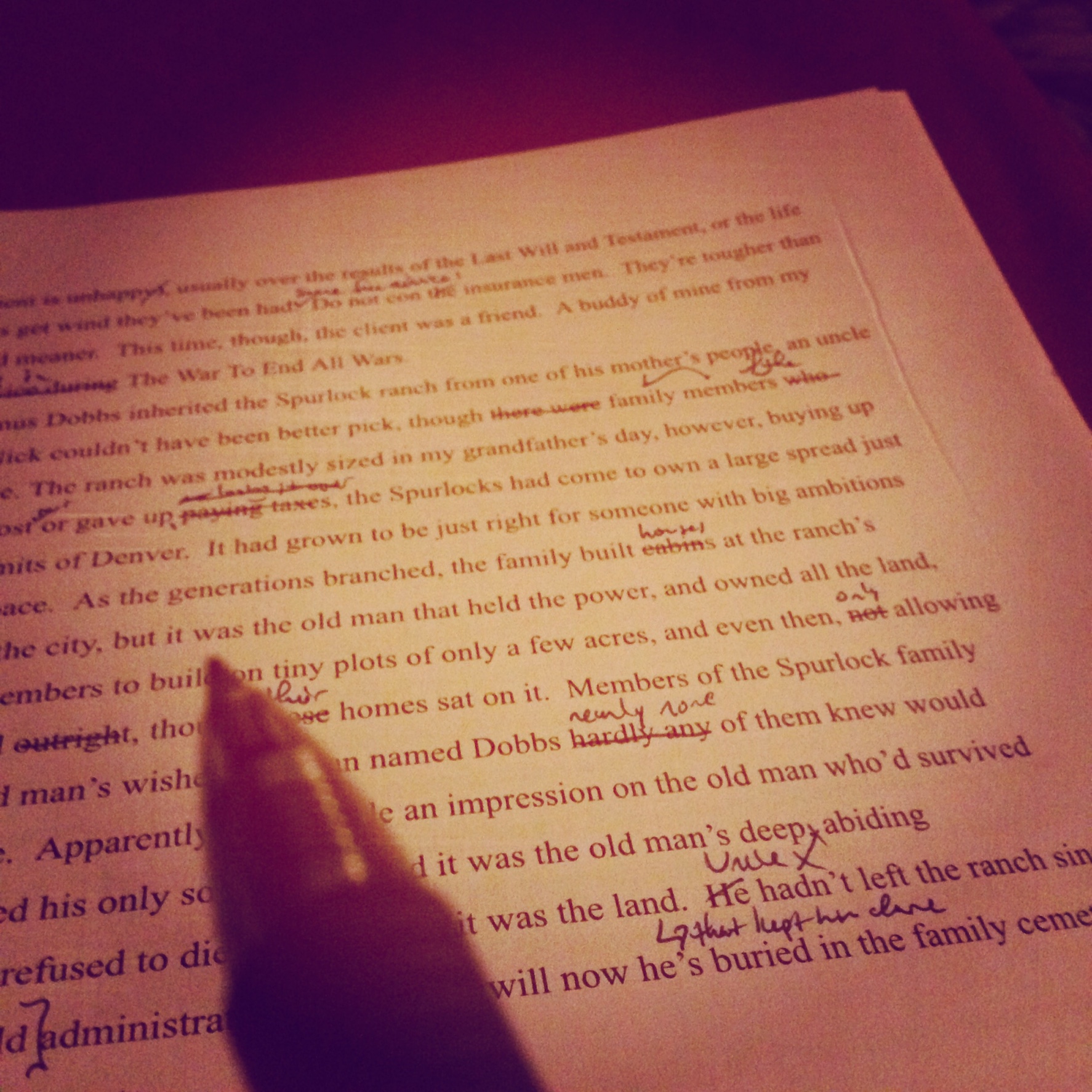
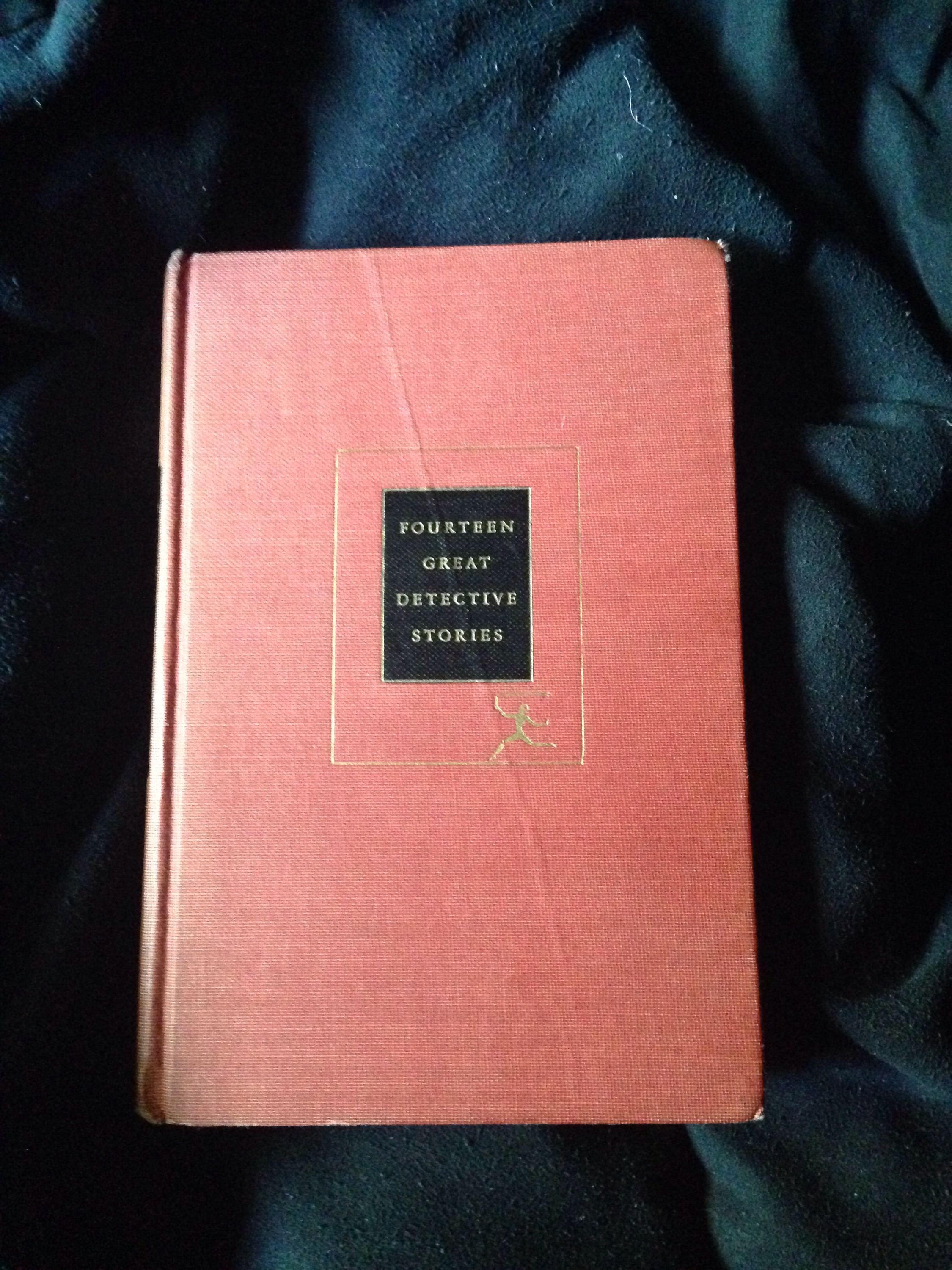 er read Dr. Thorndyke and was not familiar at all with The Case of Oscar Brodski. Then, VOILA, springing forth from my own shelves, there it was. I think Freeman’s story holds up and was pretty good, even to this modern reader.
er read Dr. Thorndyke and was not familiar at all with The Case of Oscar Brodski. Then, VOILA, springing forth from my own shelves, there it was. I think Freeman’s story holds up and was pretty good, even to this modern reader.